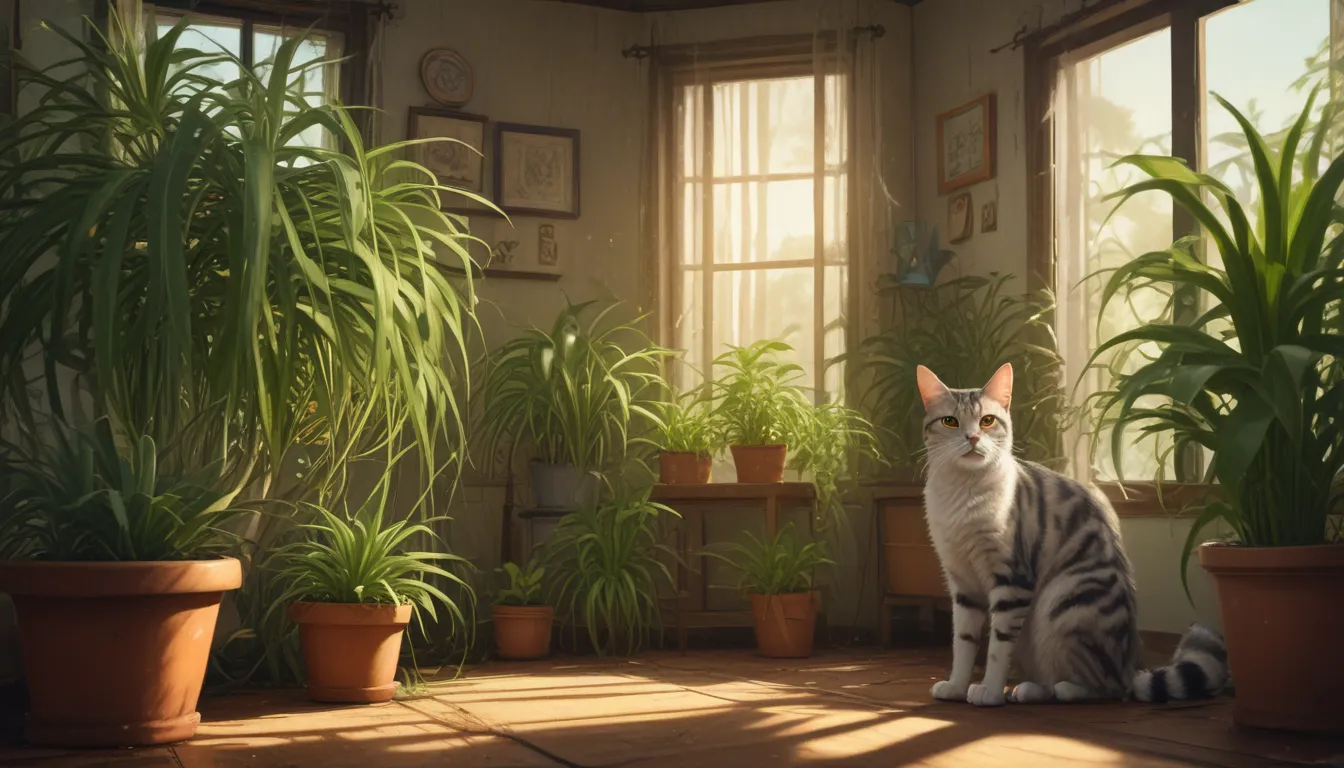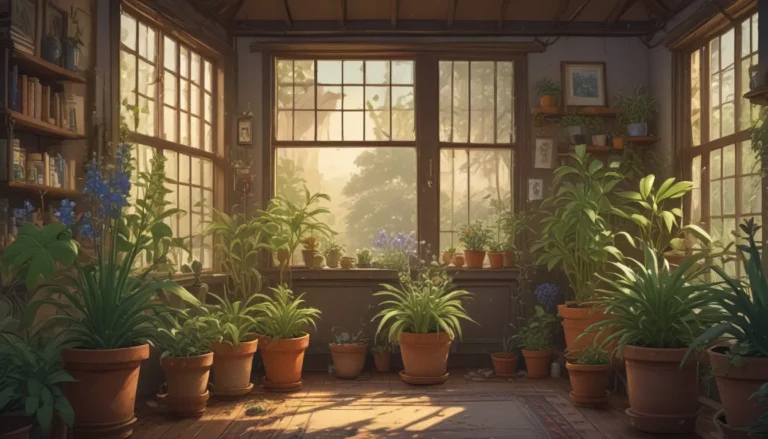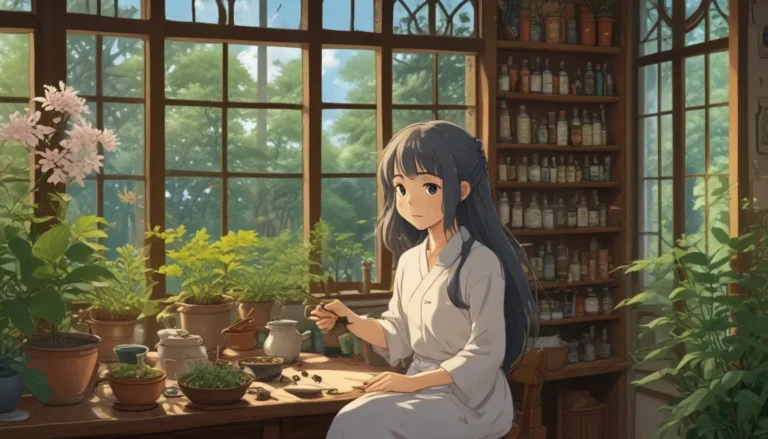Are Spider Plants Toxic to Cats? Exploring the Safety of Spider Plants for Feline Friends

If you’re a proud cat owner, you might have noticed that some felines have a fascination with houseplants. While this can lead to some hairy situations, especially if your furry friend decides to munch on some toxic greenery, there is good news when it comes to spider plants.
Spider Plant Safety
As a cat owner myself, I’ve had my fair share of pet-related plant scares. When my cat, Louie, decided to nibble on my pothos vine, it led to a frantic trip to the vet. Fortunately, there was no lasting harm, but it made me realize the importance of knowing which plants are safe for our feline companions.
Unlike some common houseplants like peace lilies and pothos, spider plants, scientifically known as Chlorophytum comosum, are non-toxic to cats. This makes them a safe option to have around your pets, giving you peace of mind.
According to research from the ASPCA and the National Capital Poison Center, spider plants are harmless to both cats and dogs. So, you can breathe a sigh of relief knowing that your green companion won’t harm your furry friend.
However, it’s essential to remember that while spider plants are safe for cats to nibble on, it’s not advisable to let them indulge in too much foliage. Cats are obligate carnivores, meaning their digestive systems aren’t designed to handle large amounts of plant matter. So, while the occasional nibble won’t hurt, it’s best to avoid overconsumption.
Why Cats Like Spider Plants
Have you ever wondered why your feline friend is so drawn to your spider plant? Despite being carnivores, cats often exhibit a fascination with vegetation, mimicking their wild instinct to consume grass.
Research suggests that cats may eat plants like grass to aid in purging parasites from their digestive tracts. Additionally, younger cats may consume more vegetation due to their developing immune systems.
If you have multiple cats, you might notice that younger ones are more likely to nibble on plants than older ones. This behavior can diminish with age, showing that it’s often a phase that cats grow out of.
In addition to the evolutionary aspect, cats may also be attracted to the texture and novelty of plants. The long, thin leaves of a spider plant can resemble exciting toys to a curious feline, making it an irresistible target for exploration.
Protecting Your Plant
While spider plants are safe for cats, it’s essential to protect them from overzealous nibblers. Providing your cat with a dedicated tray of cat grass can redirect their attention away from your houseplants. This not only ensures the safety of your plants but also gives your cat a healthy alternative to satisfy their vegetation cravings.
In addition to cat grass, you can protect your spider plant by placing it in a hanging basket out of your cat’s reach. This not only keeps your plant safe but also adds a decorative touch to your home.
For those with a flair for vintage decor, macrame plant hangers can add a whimsical touch to your space. These hangers offer a stylish way to display your spider plant while keeping it safe from curious paws.
If hanging your plant isn’t feasible, using metal wall brackets or placing it on an inaccessible bookshelf can also keep it out of reach. Regardless of the method you choose, ensuring your spider plant remains intact and your cat stays safe is paramount.
A Purrfect Relationship
In conclusion, spider plants are a fantastic addition to any cat-friendly home. Their non-toxic nature makes them a safe choice for pet owners, allowing both you and your furry friend to enjoy their beauty without worry.
While it’s essential to prevent your cat from overindulging in your spider plant, offering them cat grass can provide a healthy alternative. By taking steps to protect your plant and provide your cat with a safe outlet for their vegetation cravings, you can foster a harmonious relationship between your pet and your green companion.
Do you have a mischievous cat that loves to nibble on your spider plant? Share your creative solutions for keeping your plant safe in the comments below.
Remember, maintaining a safe environment for your pets includes ensuring your houseplants are non-toxic. Consider rehoming any toxic plants and replacing them with pet-friendly alternatives to keep your furry friends safe and happy.
Explore more articles on safe houseplants for cats:
– Are Peace Lily Plants Toxic to Cats?
– Are Poinsettia Plants Poisonous?
– Is Christmas Cactus Toxic to Cats?
Protect your pets while enjoying the beauty of houseplants by choosing safe options like spider plants. With the right precautions in place, you can create a pet-friendly environment that benefits both your furry friends and your green companions.





